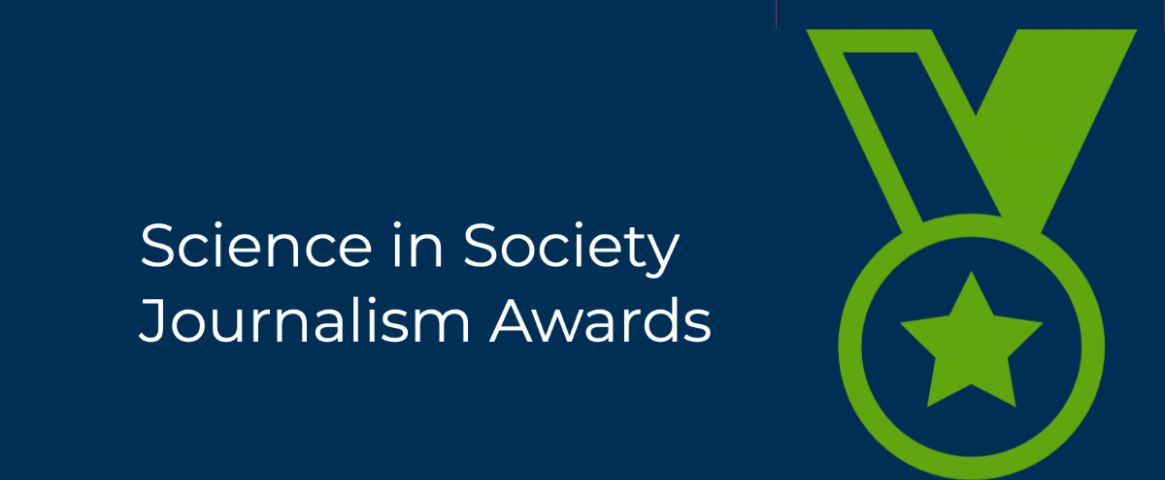Watch a video of our 2020 science writing award winners:
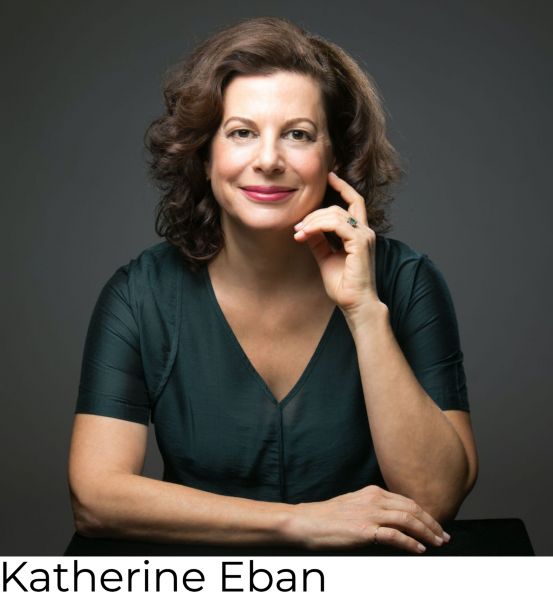 We are pleased to announce the winners of the 2020 Science in Society Journalism Awards, sponsored by the National Association of Science Writers:
We are pleased to announce the winners of the 2020 Science in Society Journalism Awards, sponsored by the National Association of Science Writers:
- In the Book category, Bottle of Lies: The Inside Story of the Generic Drug Boom, by Katherine Eban, published by Ecco/HarperCollins
- In the Science Reporting category, “Cigarette Butts Are Everywhere. Is Banning Filters a Viable Solution?” by Robin Kazmier, published by Audubon
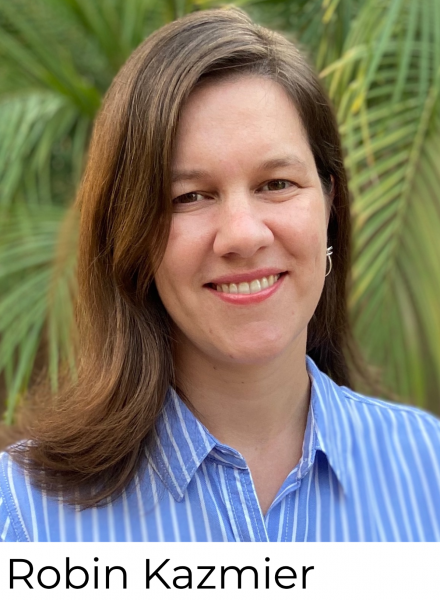 In the Science Features category, “The Confession: A psychologist has shown how police questioning can get innocent people to condemn themselves,” By Douglas Starr, published by Science Magazine
In the Science Features category, “The Confession: A psychologist has shown how police questioning can get innocent people to condemn themselves,” By Douglas Starr, published by Science Magazine
- In the Longform Narratives category, “The Final Five Percent,” by Tim Requarth, published by Longreads
- In the Series category, “Polluter’s Paradise,” by Tristan Baurick, Joan Meiners, Claire Perlman, Gordon Russell, Sara Sneath, Mark Schleifstein, Al Shaw and Lylla Younes, published by ProPublica, The Times-Picayune, and The Advocate
Winners in each category receive a cash prize of $2,000, to be awarded virtually on Monday, October 19 during the opening plenary of ScienceWriters2020.
NASW established the Science in Society awards to provide recognition — without subsidy from any professional or commercial interest — for investigative or interpretive reporting about the sciences and 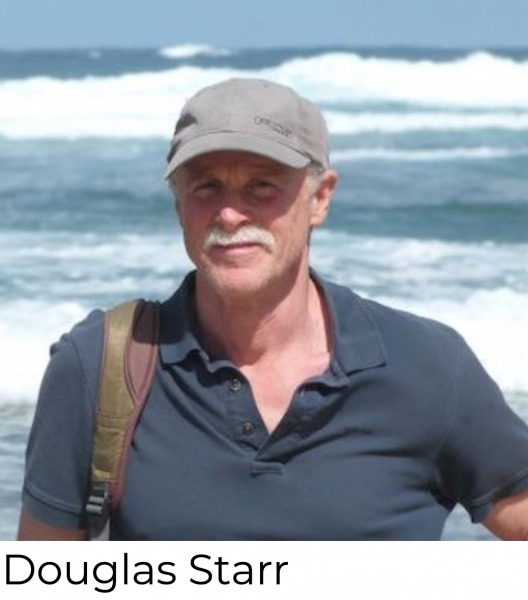 their impact on society. The awards are intended to encourage critical, probing work that would not receive an award from an interest group. Beginning with the first award in 1972, NASW has highlighted innovative reporting that goes well beyond the research findings and considers the associated ethical problems and social effects. The awards are especially prestigious because they are judged by accomplished peers.
their impact on society. The awards are intended to encourage critical, probing work that would not receive an award from an interest group. Beginning with the first award in 1972, NASW has highlighted innovative reporting that goes well beyond the research findings and considers the associated ethical problems and social effects. The awards are especially prestigious because they are judged by accomplished peers.
This year, NASW is awarding prizes in five categories: Books, Science Reporting, Science Features, Longform Narratives, and Series.
“Bottle of Lies: The Inside Story of the Generic Drug Boom” published by Ecco/HarperCollins in May 2019, is the result of a sweeping, decade-long, investigation by Katherine Eban into the deceptive practices of generic drug manufacturers. The judges called the book an “unlikely page turner,” that draws on thousands of pages of confidential FDA documents and whistleblower accounts of rampant international fraud. They praised Eban’s skillful narrative focus, thanks to which the book reads “with the swiftness of a thriller.” The judges say: “You’ll never peer into your medicine cabinet the same away again after reading Bottle of Lies.”
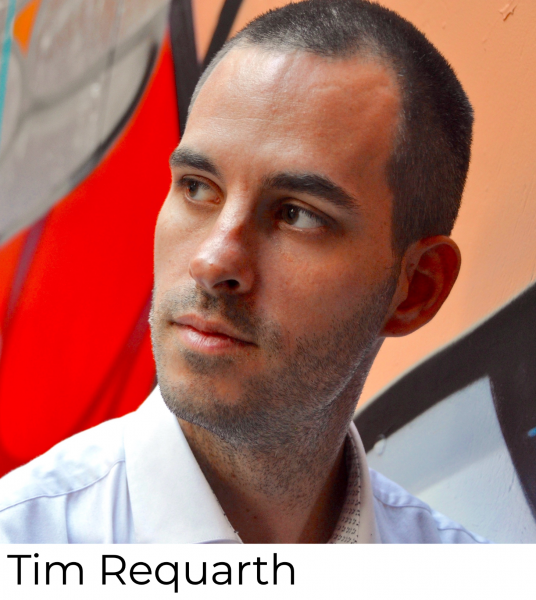 “Cigarette Butts Are Everywhere. Is Banning Filters a Viable Solution?”, published by Audubon on March 7, 2019, traces the environmental impact of these ubiquitous bits of trash that are loaded with toxic chemicals. It also floats the radical possibility of banning filters outright, and supports it with expert voices that speak to both environmental and public health concerns. The judges call the story “a zippy and enlightening read” and reference its kicker quote to highlight that “once you read Robin Kazmier’s article you won’t be able to “unsee” the butts all around you.”
“Cigarette Butts Are Everywhere. Is Banning Filters a Viable Solution?”, published by Audubon on March 7, 2019, traces the environmental impact of these ubiquitous bits of trash that are loaded with toxic chemicals. It also floats the radical possibility of banning filters outright, and supports it with expert voices that speak to both environmental and public health concerns. The judges call the story “a zippy and enlightening read” and reference its kicker quote to highlight that “once you read Robin Kazmier’s article you won’t be able to “unsee” the butts all around you.”
“The Confession: A psychologist has shown how police questioning can get innocent people to condemn themselves,” published, by Science magazine on June 14, 2019, starkly brings to life the science of false confessions – and with it, raises huge red flags about routine police procedures and how they can override and corrupt solid exculpatory evidence. “At a time when the behavior of police across America is under scrutiny, The Confession is an incredibly important piece of work,” the judges write. “The story explores science that calls much of our justice system into question and forces us to confront the evidence that contradicts some basic ideas about how humans work and who we trust.”
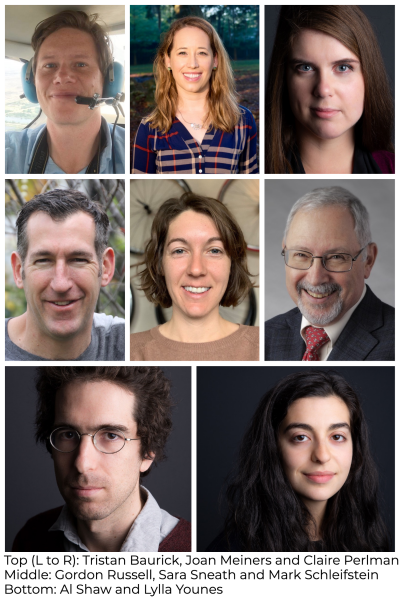 In “The Final Five Percent,” published by Longreads in October, 2019, Tim Requarth chronicles the catastrophic motorcycle accident that befalls his brother and the debilitating changes to his brother’s personality that emerge as he recovers most of his brain function in the weeks after the accident. The essay interweaves an intimate portrayal of the complexities of his brother’s life both before and after the accident, and of their sibling relationship, with what’s known about neuroscience of recklessness. “The Final Five Percent gripped us from its first paragraphs,” write the judges. “This piece tackles the serious health mysteries around brain injury and explores the human consequences of that science in a way that is clear, nuanced and emotionally devastating.”
In “The Final Five Percent,” published by Longreads in October, 2019, Tim Requarth chronicles the catastrophic motorcycle accident that befalls his brother and the debilitating changes to his brother’s personality that emerge as he recovers most of his brain function in the weeks after the accident. The essay interweaves an intimate portrayal of the complexities of his brother’s life both before and after the accident, and of their sibling relationship, with what’s known about neuroscience of recklessness. “The Final Five Percent gripped us from its first paragraphs,” write the judges. “This piece tackles the serious health mysteries around brain injury and explores the human consequences of that science in a way that is clear, nuanced and emotionally devastating.”
“Polluter’s Paradise,” a 14-part series published between October 30, 2019 and December 27, 2019 by the Times-Picayune and the Advocate in conjunction with ProPublica, is an exhaustive look at how emissions improve, only to worsen again, in “Cancer Alley,” the industrialized stretch of the Mississippi River between Baton Rouge and New Orleans. The judges write: “The series tackles the complicated topic of air pollution with clarity, laying out how industry, abetted by a willing government, its politicians and a ‘captured’ regulatory system, have abetted the ongoing poisoning of a citizenry [of] often poorer, Black communities. Excellent graphics, meanwhile, render complicated concepts such as air toxicity levels easy to grasp. A special shout-out for Mark Schleifstein, one of the winners: He and colleagues did their first investigation of pollution in Cancer Alley nearly three decades ago, and they are still at it, vigorously.”
In addition, NASW would like to recognize entries that were finalists in the competition:
Finalist in the Book category
• Choked: Life and Breath in the Age of Air Pollution, by Beth Gardiner, published by University of Chicago Press
• A Death in the Rainforest: How Language and a Way of Life Came to an End in Papua New Guinea, by Don Kulick, published by Algonquin Books
Finalists in the Science Reporting category
• “For some patients, monitoring symptoms can extend their lives,” by Stephen Ornes, published by The Washington Post
• “Harm to Table: Turning an Invasive Crab into a Delicacy,” by Laura Poppick, published by Scientific American
Finalists in the Science Features category
• “Our Skulls Are Out-Evolving Us,” by Katherine Reynolds Lewis, published in OneZero
• “A Louisiana spillway helps flood-proof New Orleans. It’s killing Mississippi’s local seafood industry,” by Boyce Upholt, published in The Counter
Finalists in the Longform Narratives category
• “The Ebola Wars,” by Amy Maxmen, published in Nature
• “Victoria Gray’s Journey and the CRISPR Revolution,” by Rob Stein, published by National Public Radio
Finalists in the Series category
• “Pushing Plastic” (#1, #2, #3), by Tik Root and Jamie Smith Hopkins, Center for Public Integrity, and Patrick Winn, PRI’s The World
• “WOTUS in the West,” by Ariel Wittenberg, published by E&E News
The final judging committee consisted of Maggie Koerth (FiveThirtyEight), Emma Marris (freelance) and Christopher Solomon (freelance). The Science in Society awards committee was co-chaired by Alla Katsnelson (freelance) and Jyoti Madhusoodanan (freelance).
In addition to the final committee, NASW thanks the volunteers who served on the preliminary committees: Eric Bender (freelance), Poornima Apte (freelance), Alison Bass (freelance), Jenner Berry (freelance), Genevieve Bookwalter (Chicago Tribune), Brendan Borrell (freelance), Viviane Callier (freelance), Cathy Cardno (Civil Engineering magazine), Matt Davenport (Michigan State University), Rachel Fairbank (freelance), Chris Gorski (Inside Science News Service), Earle Holland (freelance), Maya Kapoor (High Country News), Katherine Kornei (freelance), Antonia Malchik (freelance), Adam Mann (freelance), Marilynne Marchione (The Associated Press), Shady Grove Oliver (the Arctic Sounder), Jeffrey Perkel (Nature), Lonnie Shekhtman (NASA), Lina Tran (NASA)
Entries for next year's competition, for material published or broadcast in 2020, are due February 1, 2021. Entry forms will be available at www.nasw.org in December 2020.
The largest organization devoted to the professional interests of science writers, the National Association of Science Writers fosters the dissemination of accurate information regarding science through all media normally devoted to informing the public. Its 2,500 members include science writers and editors, and science-writing educators and students. For questions or more information visit www.nasw.org or write director@nasw.org.
